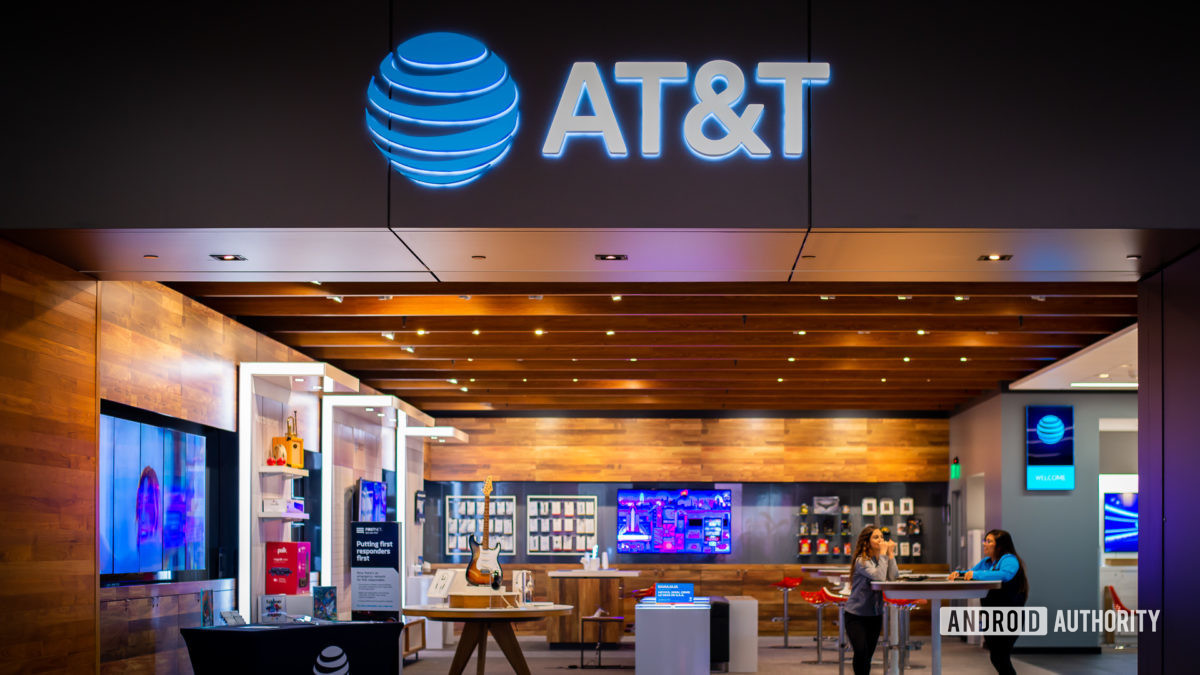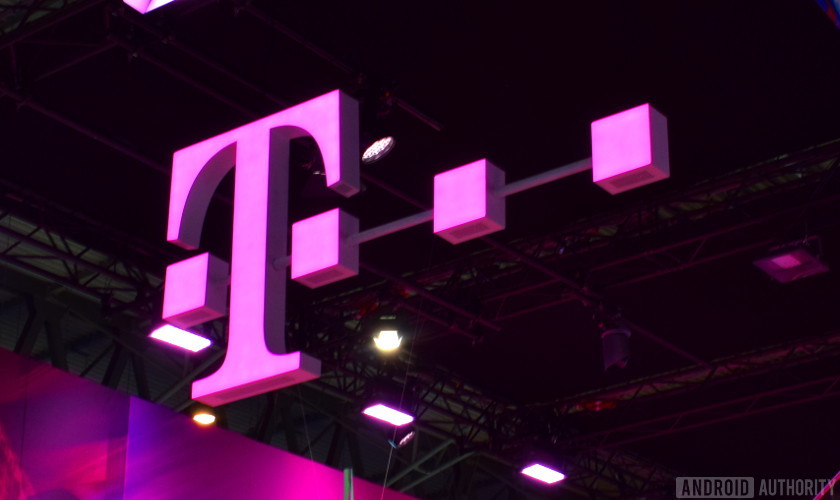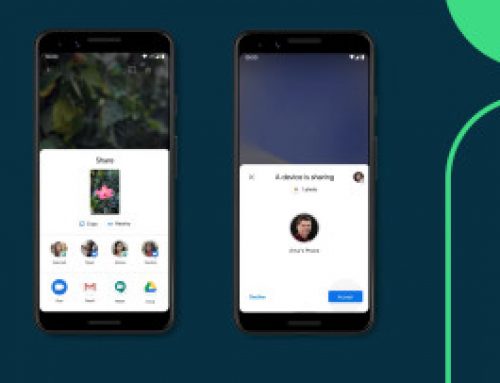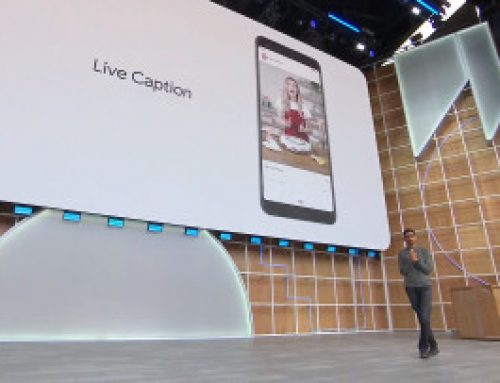
If you don’t have one, you want one. If you have one, you want another… or maybe a new one. They’re more affordable and often imitated by cell phones. Available just about anywhere, they’re hard to ignore and fast becoming a major part of our tech-heavy lifestyles. We’re talking tablets!
In the past year, the tablet market has taken an entirely new direction. We’re now seeing devices with great specs at bottom dwelling prices. With so many tablets on the market, sometimes we’re left to wonder why and how there are so many, and which is best. It seems just about everyone makes at least a passing attempt at selling us a tablet, running anything from Blackberry to Windows. It’s a relatively new market with a lot of upside and almost fever-pitch hype driving it. The tablet is the new darling of the tech world.
Why tablets exist
Let’s first understand that a device are little more than a gateway to services. We have our tablets to easily access information, apps, games, or productivity tools. It typically comes with a larger screen, making for better viewing of all kinds of things from YouTube videos to spreadsheets. With the right setup and services, you can almost leave your computer on the shelf. The industry understands that the world is making a shift to mobile devices, and we want smaller devices that can do just about everything a laptop can… and they’re delivering.
Is newer better?
Just like anything else in this ever evolving world of tech, the answer is yes. Manufacturers are always striving to keep up if not best one another, which at the end of the day only benefits us as consumers. Lighter, faster, smarter devices at price points that decrease almost daily. In two generations, the Samsung Galaxy Tab has increased in just about every area (screen resolution, memory, processor, etc.) while keeping roughly the same price point.
What we can take from this example is that manufacturers are beginning to understand us. It also means there is no love lost in this game, and that they are fighting to not only please us but one-up the “other guys”. It’s a crowded market, and only the strong will survive.

The three-way war: Google, Apple, and Windows
I’m an Android guy, through and through. It’s worth noting, however, that we wouldn’t be where we’re at without Apple. Starting with the iPhone, and then the iPad, Apple really set the stage. Like any actor knows, there are others waiting in the wing to take your role. In considering each of the “big three,” it’s worth noting that this is as much an OS war as it is a device war. Now that all three have cannonballed into the pool, we can comfortably examine each on a level playing field.
The iPad is the granddaddy, the innovator, the leader. An iPad sells more than any other tablet, and continues to be the standard by which all other tablets are measured. Apple holds true to the device, never making a dramatic improvement on it… then again, it doesn’t have to. Apple has a wonderful device that works seamlessly with its services. On the other hand, it’s fragile and expensive. You can get a comparable Android tablet for much less. It’s also a lineup and OS that has grown stale and is now very easily ignored. Even with the introduction of the iPad mini, it still doesn’t hold interest like it used to.
The Windows Surface is… interesting. Bulkier than other tablets in it’s class, it’s also much more expensive. Reviews haven’t been kind, and rightfully so. If i’m going to spend more for a tablet than a computer, I want performance! The Windows Surface just does not deliver. With multiple operating systems, multiple tablets, and multiple configurations it’s clear Windows is new to the tablet scene. The app market is paltry, and the new Windows 8 OS is still finding it’s legs. While built to be a cross platform OS, it needs a lot of work and attention to detail. The add-on keyboard for the Surface is the one thing that sets it apart, but do you really want to spend another $150 after spending $900 on a tablet?
Google is in a strong position, the strongest of the big three in my opinion. The company has been very diligent in making sure that everything it does with Android is open source. From the OS to manufacturing, it’s spread out nicely and effectively. ASUS did a great job with the Nexus 7, and we can always depend on Samsung to deliver as it did with the Nexus 10. The OS is a pure Google experience with no manufacturer “skin”, and the hackers out there love to root and toy with its devices, which the Nexus lineup embraces. As it turns out, giving away the OS has been a huge boon to Google.
The flaw here is supply and demand. The original Nexus 7 launch was a lesson in pre-order madness, and the updated devices launched during the Nexus 4 debacle faced similar issues. Until Google gets serious about eCommerce, we will all question the Nexus lineup. If consumers can’t get the device, they will simply turn elsewhere, and that’s dangerous for the future of the Nexus.
What Google firmly understands is something I touched on earlier; a tablet is little more than a gateway to services. All major Google services are baked into a Nexus device, making it easy to use and understand. You open it up, log in with your Gmail account, and it’s all there. Google has taken a page from Apple in that regard. If you make the tablet easy to use and take the headache of setup out of their hands, consumers will loyally spend their money with you.
Google vs. Amazon
We can wax philosophical all day long about the “big three”, but my focus is Android and there is a bigger foe out there. One that has Google on the ropes in a lot of ways while still coming after them hard and fast. An actor on the side of the stage who is mouthing Google’s lines as it delivers them, studying the craft and taking notes. While great at the niche it currently occupies, Amazon is priming itself to take the lead role in this play.
The Kindle lineup can be readily used as the example of how we got where we are. As much as we can credit Apple with setting the stage, we can credit Amazon with changing the scenery. This “great tablet at a great price” thing we love so much was Amazon’s doing with the original Kindle, and it proved a stroke of genius. Even though the devices fail in a head-to-head spec showdown just about every time, the price point is just too good to pass up for most consumers. While it just doesn’t work for hardcore techies and hackers, it’s great for grandma and grandpa who are still in awe that they’re reading a book without reading a book.
Amazon’s OS is a severely altered version of Android, another bright idea. It took something free and open, then made it its own… which is kind of the point of Android. Aside from apps and games, Amazon has the Play Store beat or struggling in every other regard. Its movie and music lineup is amazing, and the variety of books is unbeatable. While the Play Store is making strides, it has a huge uphill battle against a worthy competitor. While Google definitely learned the “lower price point” lesson, it’s still studying for its eCommerce final. Will Amazon ever overthrow the leader of the pack? I don’t think so… but Amazon is in a better position to prove me wrong than anyone else.

Nexus
Google had it’s own stroke of genius with the Nexus line. Take a bit of Amazon’s price structure, mix in a better OS, and partner with manufacturers to relieve yourself of the overhead. It is the epitome of open source, and I’m a huge fan. The Nexus 7 is a device we’ll look back on a few years from now with fondness for kicking off a new era, much like we do with the HTC Nexus One. Nexus 7 is batting cleanup in this lineup, and Google has no designs on switching that up.
Nexus 7 accomplished one other major feat, and that was solidifying the 7-inch tablet genre. Until the Nexus 7, the Android tablet landscape was the wild west. We liked the 10-inch size, but a 7-inch tablet was a little foreign. Manufacturers were just firing off tablets with abandon, and there seemed to be little difference between brands. Different sizes and configurations polluted the market, an indication that nobody really know what to make of it all. Now we look at the 7-inch tablet as a standard. The Nexus lineup is proving that the two-party system is successful once again with the Nexus 7 and Nexus 10. Anything other than those two sizes just seems silly now.
In either Nexus device you have amazing specs at a very competitive price point, something that is unlikely to change. Google staked its claim this time, and I don’t see this strategy changing any time soon. The company understands that profit comes from Play Store, not device sales. Making a very marginal profit on a device is worth it long-term, and make no mistake… Google wants you long term. Google wants you buying into the ecosystem, much like Apple or Amazon do.

Where do we go from here?
With Android expected to take a market lead in tablets by 2014, the stage is set for a new lead actor in this play. Apple is getting old and enjoying the applause a little too much, while Windows just can’t seem to memorize the script. The Nexus lineup successfully knocks down the 7/10 split for device sizes, and the pure Android experience is just better than it’s competitors. There is, however, Amazon to consider. Amazon succeeds where Google fails, and that’s eCommerce. With services being the integral part of why we even have tablets, Google will have to make some serious strides with the Play Store to ward off an Amazon charge.
We want someone to win, but that’s just not good for us as consumers. If there were ever one true winner, we’d be back to square one. We currently have a very solid landscape which will thin out over time, but this really is the golden age. Everyone has made a very strong showing in the tablet market, and many have triumphed. We have a real industry leader in Google, and a lot of strong challengers. With developers designing apps specifically for tablets now, we can safely assume that this genre is both here to stay and growing daily. It’s an exciting time, so enjoy it!





Leave A Comment